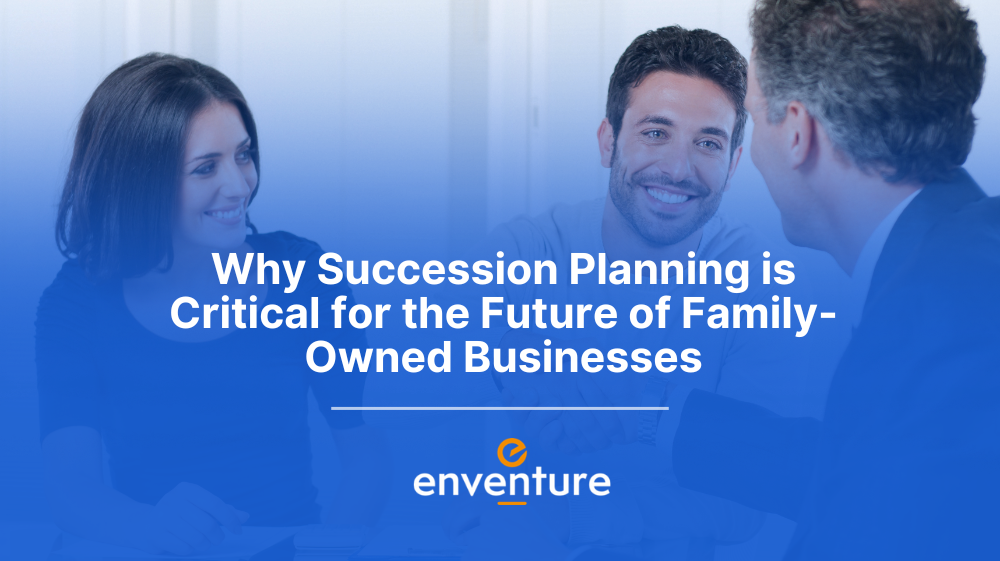Many family-owned businesses face leadership transitions unprepared. Learn how strategic succession planning and modern tools can safeguard legacy and ensure long-term stability.

For family-owned businesses, succession planning is more than just a strategic need—it’s a deeply personal endeavor. These businesses often represent decades of hard work, legacy, and emotional investment. Yet, despite this, many are alarmingly unprepared for leadership transitions that are not only inevitable but fast approaching.
According to PwC’s 2023 Family Business Survey, around 67% of family businesses are inadequately prepared to protect their legacy through structured succession plans. Compounding the urgency, over 30% of family-owned enterprises in the U.S. are expected to undergo a significant leadership transition within the next five years. Shockingly, nearly 40% of these businesses lack any formal roadmap to manage this shift.
Without thoughtful preparation, these transitions can unravel years of effort, incite internal family conflict, and lead to undervalued exits. Succession planning is not just about selecting a new CEO—it involves preparing for conflict resolution, asset allocation, stakeholder engagement, and preserving institutional knowledge and core values.
Research from the Deloitte Family Business Center reveals that unplanned transitions often result in slowed growth, decreased employee morale, and loss of market position—risks that no business can afford in today’s highly competitive environment.
Enventure, a venture capital firm with a focus on transformative startups across healthcare, AI, and emerging tech, emphasizes that even traditional family-run enterprises can modernize their approach to succession. Simple yet powerful tools such as data analytics, digital documentation, and structured mentorship programs can bring much-needed clarity and structure to transition planning.
Advanced analytics can help objectively evaluate successor candidates, reducing emotional bias and promoting transparency. Digital platforms can ensure the smooth transfer of operational knowledge, avoiding disruption. Meanwhile, mentorship programs enable gradual leadership handovers, which preserve continuity and minimize organizational shocks.
Additionally, well-prepared businesses tend to command higher valuations. Investors and acquirers are more likely to offer favorable terms to companies with documented, risk-mitigated succession plans. That alone makes succession planning not just a family priority but a business advantage.
Partnering with firms like Enventure can help family businesses navigate the emotional and strategic challenges of succession. With the right tools, expert guidance, and a forward-looking mindset, these businesses can ensure their legacy thrives for generations to come.
In an unpredictable economy, the time to plan is now. Succession isn’t just a possibility—it’s a certainty. And how a family business prepares for it will determine not just survival, but future success.
Source: Adapted from “For family-owned businesses, the matter of succession planning isn’t just strategic—it’s deeply personal,” originally published by www.washingtonguardian.com
Bold Moves,
Brighter Futures
Let's team up and make a difference.
Subscribe to our newsletter
Enventure is an exit-driven fund with high-yield opportunities in the healthcare, space, and green tech sectors across the US and India.
Mail Us
3103 Kewanee Ln,
Naperville, IL, 60564
Copyright © 2025 Enventure, all rights reserved.
